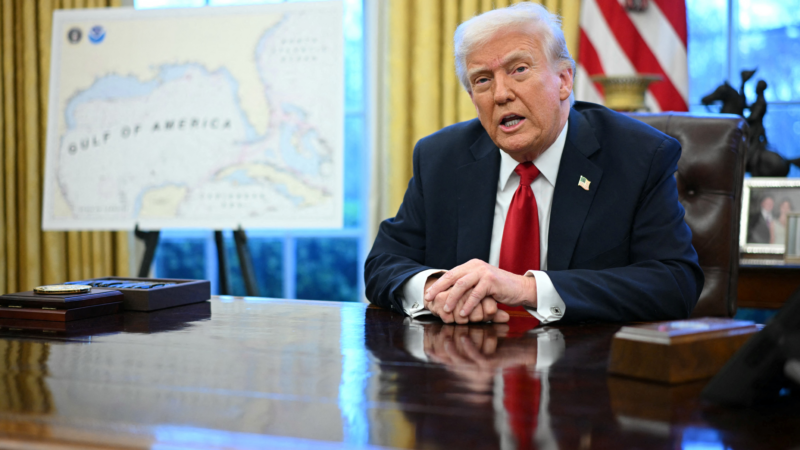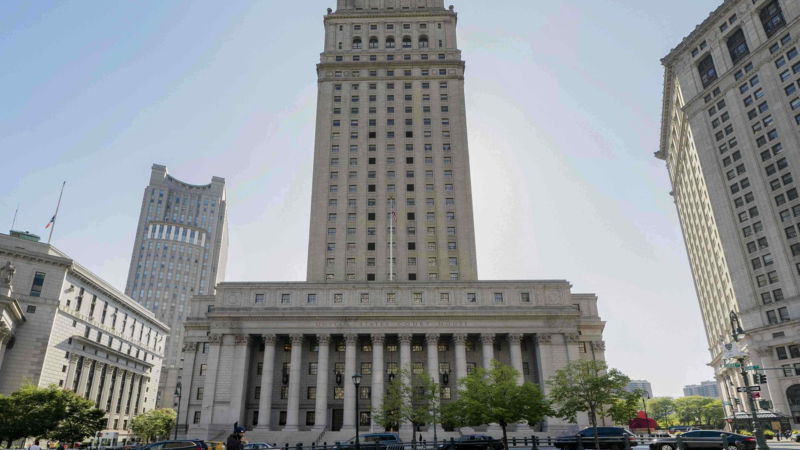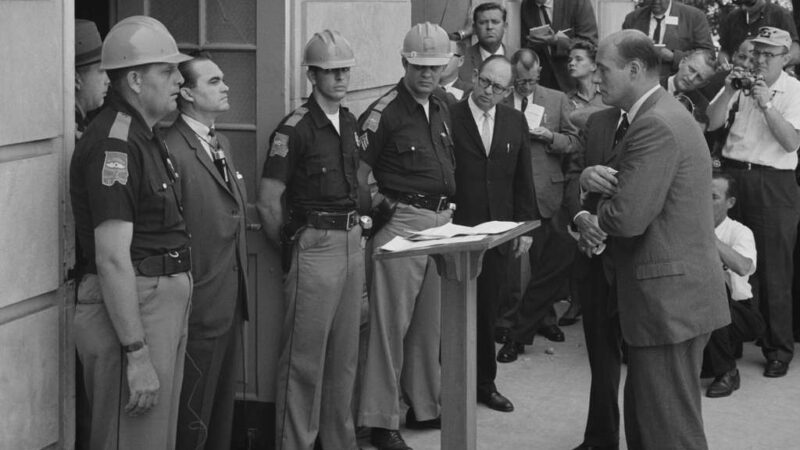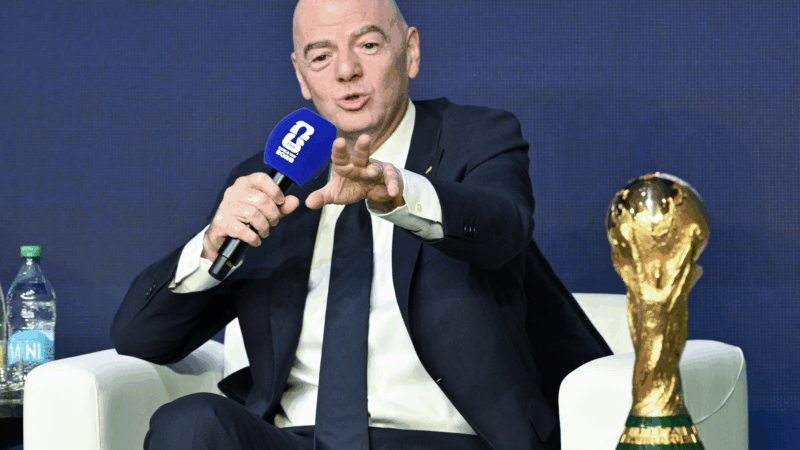Trump announces new 25 percent tariff on all cars made outside the U.S.
President Trump signed an executive order imposing 25% tariffs on imported cars on Wednesday.
“I think our automobile business will flourish like it’s never flourished before,” Trump said in remarks from the Oval Office.
The latest policy is yet another example of the president’s tariff-centric second-term economic agenda. Thus far, Trump has imposed tariffs on Chinese goods, steel and aluminum, and on some goods from Canada and Mexico. Trump also plans a wave of what he calls “reciprocal tariffs” to start April 2, which he has called “Liberation Day.” The taxes on imports have caused plummeting stock markets and consumer confidence, and have left businesses and consumers uncertain about what they want to invest in.
The Trump administration has given multiple rationales for these tariffs, but they have emphasized boosting manufacturing as the chief goal.
U.S. tariffs are paid to the government by businesses in the U.S. that are importing goods. Studies of tariffs imposed in Trump’s first term have shown they were overwhelmingly paid by U.S. businesses and consumers. White House officials have said that foreign companies will lower their prices to compensate for tariffs, essentially eating the cost. However, when asked by NPR, the officials provided no data to support this.
Trump’s tariff policy has been chaotic throughout this presidency. In addition to the tariffs already imposed, he has threatened still more tariffs on a range of goods from around the world, at times announcing a tariff only to then delay or retract it.
Earlier this week, Trump floated what he called a “secondary tariff” of 25 percent on goods from any country buying oil or gas from Venezuela.
The president has said he will also impose “reciprocal tariffs”, which he has described as being equal to tariffs other countries impose on U.S. goods. However, the White House has given few specific details on what those reciprocal tariffs will look like. The latest automobile tariffs go into effect April 3 according to Trump.
Federal appeals court judge is accused of bullying her clerks
The Legal Accountability Project complaint, which has not been previously reported, states that it is based on conversations with multiple former law clerks.
How Alabama Power has left the ‘American Amazon’ at risk
As its polluting coal ash ponds remain in groundwater, Alabama Power has doubled down on fossil fuel energy investments.
How George Wallace and Bull Connor set the stage for Alabama’s sky-high electric rates
After his notorious stand in the schoolhouse door, Wallace needed a new target. He found it in Alabama Power.
FIFA president defends World Cup ticket prices, saying demand is hitting records
The FIFA President addressed outrage over ticket prices for the World Cup by pointing to record demand and reiterating that most of the proceeds will help support soccer around the world.
From chess to a medical mystery: Great global reads from 2025 you may have missed
We published hundreds of stories on global health and development each year. Some are ... alas ... a bit underappreciated by readers. We've asked our staff for their favorite overlooked posts of 2025.
The U.S. offers Ukraine a 15-year security guarantee for now, Zelenskyy says
Ukrainian President Volodymyr Zelenskyy said Monday the United States is offering his country security guarantees for a period of 15 years as part of a proposed peace plan.








